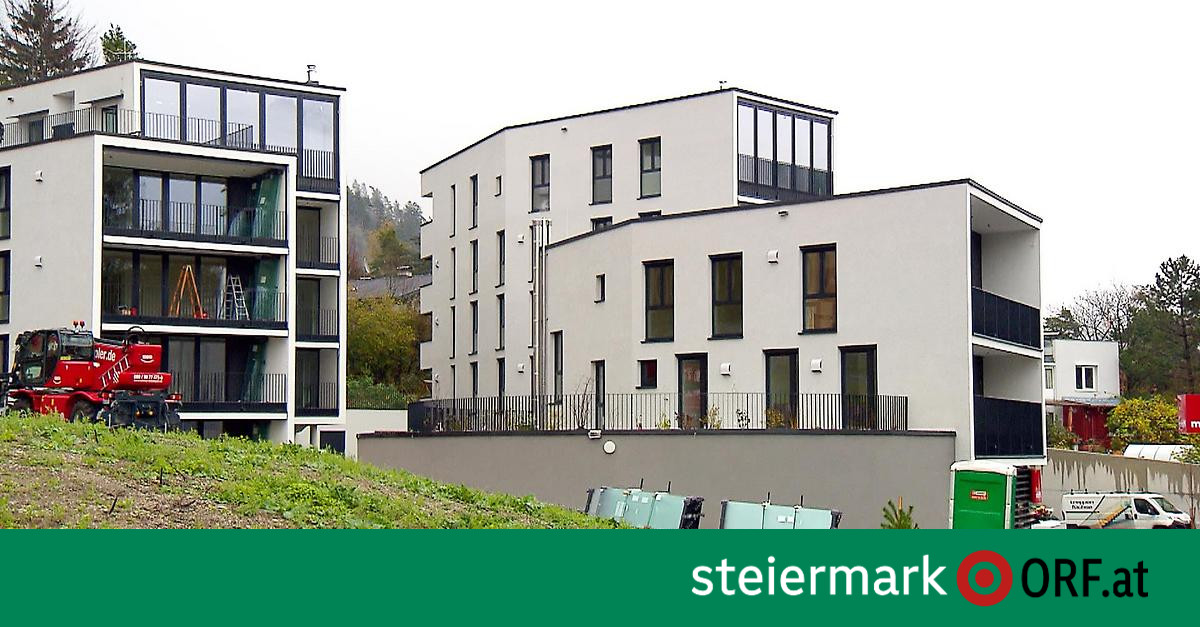It is not easy for those who currently want to take out a mortgage to buy a property. Due to high inflation, the dream of owning a home is becoming a utopia. This has serious effects on the national real estate market.
A high percentage of equity, a limit on the monthly payment of the mortgage and a maximum term of 35 years, interest rate increases, inflation, bottlenecks in supply, energy costs.
The current framework conditions for the real estate market are turbulent. Private property buyers are failing due to procurement guidelines introduced four months ago.
The criteria lead to reluctance to buy real estate
Andreas Berghold of the Bank for Carinthia and Styria (BKS) says the new procurement guidelines have led to a drop of 60 to 80 percent because customers are unstable and because everyone is affected by the criteria.
As soon as the new credit guidelines went into effect, there was a reluctance to apply for real estate. Rising energy and credit costs cloud the prospects for the Styrian real estate market for real estate trustee Gerald Gollenz.
Tendency to rent rather than buy
“We will not have an easy first half. But I’m sure things will get back to normal in the second half of the year and things will get back to normal,” Gollenz said. He therefore believes that restrictions are most likely possible in new construction and financing.
The trend towards renting instead of buying continues. Also the shift of real estate purchases from the city to the countryside. The increase in property prices is slowed down by weak demand. Factors like energy costs would come into play, Gollenz said, and that will continue to be an issue in the future.
Emergency sales, but no bursting of the “bubble”
There will be emergency sales due to rising prices and financial charges. But Gerald Gollenz does not see the real estate bubble burst. “The bubble can never burst in Austria, because the bubble would mean that there is no demand and that I am overfunded. And neither in Austria.”
